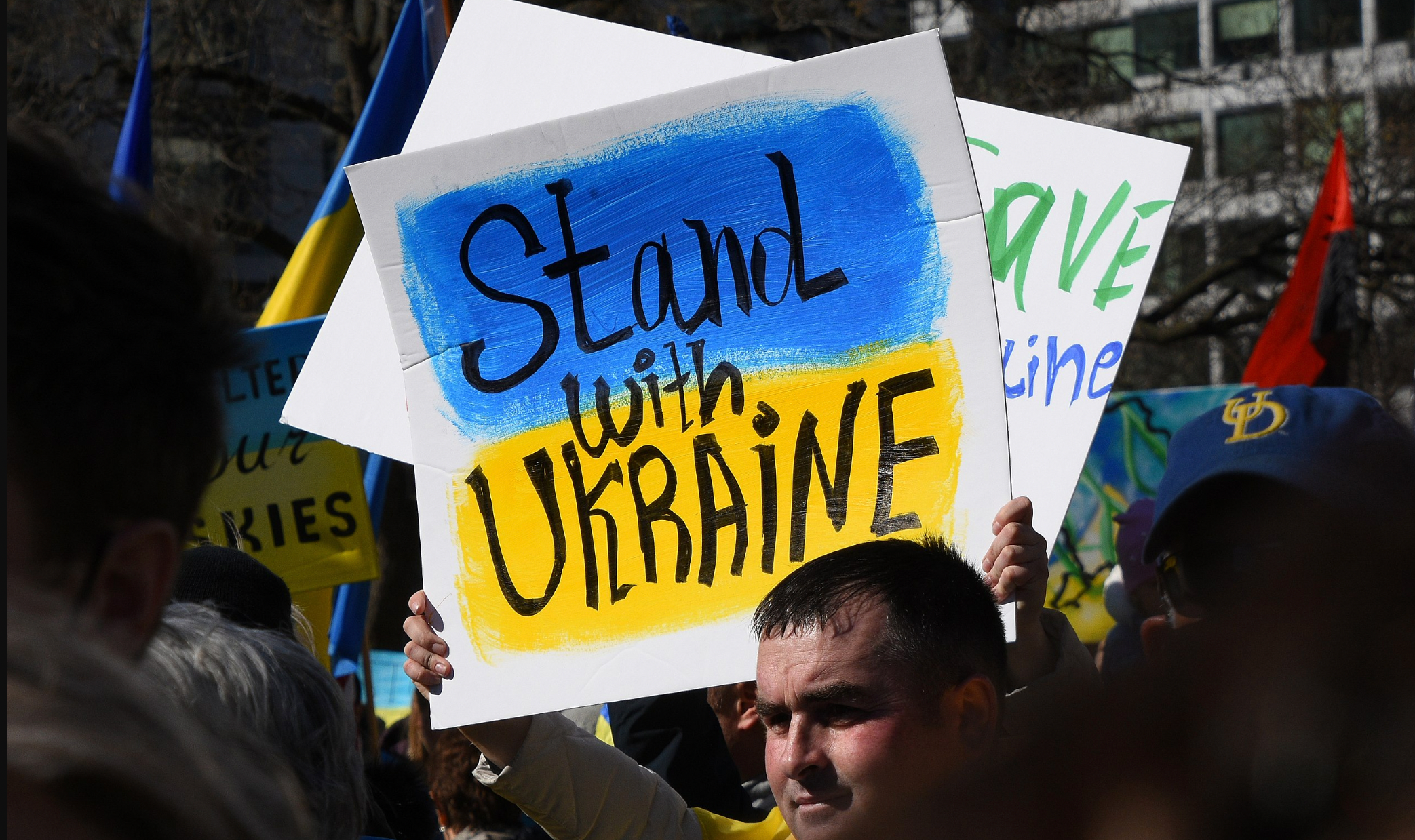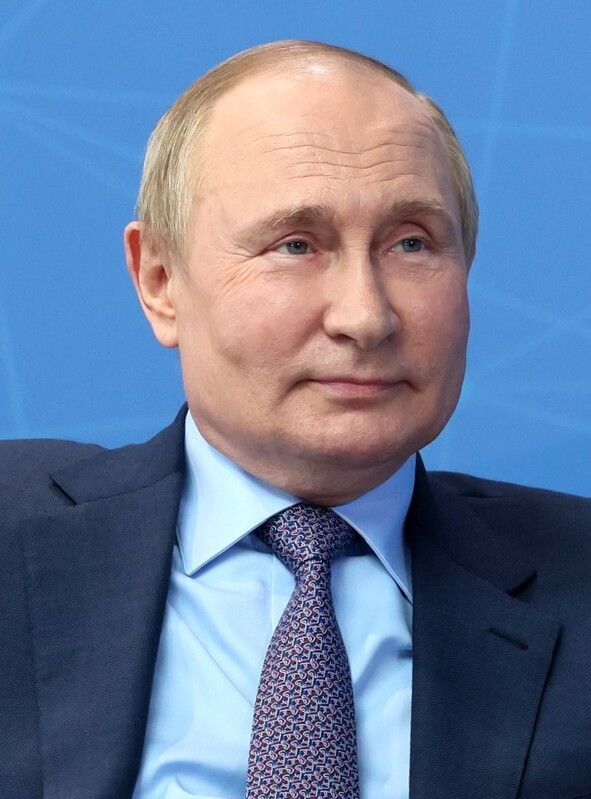By Romeo Kokriatski
In our ongoing defense against the Russian full-scale invasion, morale in Ukraine is, to put it bluntly, flagging.
This is primarily due to a lack of progress on the battlefield and the realization by Ukrainians that our so-called partners are mostly interested in ensuring that we (barely) hold the line. Seemingly, those self-same allies prize Russian “stability” over giving us what we need to effectively take back our occupied lands. “Shell hunger,” or the lack of munitions on the frontlines, has already been extensively documented. Numerous soldiers have complained both privately and publicly that this lack of armaments from our partners – in contrast to unequivocal support for Russia from Iran and North Korea – has severely impacted their attitudes and motivation.
In the rear, civilians have been no less impacted by this apparent stalemate and lack of support. Questions are beginning to be voiced – questions that would have been utterly verboten a year ago:
What price victory?
How many of our best and brightest must die? What are they dying for?
We must keep fighting because the alternative is annihilation.
I was recently asked this exact question. Is it really worth it for tens of thousands more of us to die for Donetsk, Luhansk, the ruins of Mariupol, Crimea? Can’t we come to some agreement so that the Russians finally leave us alone?
It’s not an easy question. It takes a certain amount of bravery just to ask it. However, at this juncture in the war, it needs a response, and an unequivocal one at that. What we need is an answer that will reaffirm our commitment to victory, even when – especially when – a future where we win is getting harder and harder to imagine.
In the simplest terms, the answer is: We cannot give up. We cannot “negotiate.” We cannot stop fighting, even though the cost is already unimaginable and a source of constant tragedy.
This isn't due to any romantic notion of “eternal struggle” nor a simplistic moral view that conquest is an ontological evil in and of itself, though it clearly is.
We must keep fighting because the alternative is annihilation.
The core reason for the need for continued Ukrainian resistance boils down to this: Putin’s goal is the capture of at least three major cities - Kyiv, Odesa, and Kharkiv. These cities, to Putin’s mind and the minds of his imperialist fellow travelers, are “core” Russian cities. Putin (and Russians writ large) do not view these cities as Ukrainian but rather as essential aspects of historic Russia that were cruelly ripped from Moscow’s embrace by dastardly Anglo-Western plots and Jewish interference, despite the absurdity of that belief.
This injustice, the Russians believe, authorizes them to do whatever is necessary, for however long is necessary, to regain what they see as historic provinces of their empire – with complete disregard for what actual Kyivans, Kharkivchans, and Odesites may think. Putin’s worldview, put on full display during Russia’s initially disastrous invasion operations, was that Kyiv would greet their Muscovite liberators with flowers in hand after a swift crushing of the so-called “Nazi” resistance.
Given the catastrophically high losses on the Russian side, it’s unlikely that this particular delusion has persisted. Yet, the original goal of retaking “historic Russian cities” still remains Putin’s fundamental aim. Putin himself has said as much, most recently in the joke of an “interview” conducted by right-wing propagandist Tucker Carlson.
This means that no agreement, no treaty, no ceasefire will truly put an end to Russia’s depredations against Ukrainians. At the very best, Russia will fortify what it has conquered, nurse its wounds, rebuild its army, and one day launch a (much better equipped and planned) assault on Kyiv and other Ukrainian cities. Following that, the best that can be hoped for is rather than openly committing its own soldiers to another slaughter, Russia instead continues to launch attacks on free Ukrainian territory while claiming that those attacking are not soldiers but simply pro-Russian partisans. There is precedent for this fiction, pushed with great success in the ten years prior to the full-scale invasion via Russia’s puppet entities of the Luhansk and Donetsk People’s Republics.
To close any deal, both parties must have either some level of trust that the other will honor their obligations or that there is an unassailable third-party mechanism for enforcement. However, Russia has repeatedly and consistently proven that there is no mechanism that it will not ignore that it is not a trustworthy party. In lieu of an overwhelming Ukrainian victory and the liberation of all of our occupied territory, such an agreement would be little more than a document laying out the terms of Ukraine’s surrender.
That is just one reason we cannot simply “negotiate” an end to the war. There are others, a multitude.
Picture defeat, and they will crystalize in stark and uncompromising terms.
Surrendering our occupied territories to Russia would be consigning hundreds of thousands to Russian “filtration” camps, Russian policies, and Russian cruelty. It would mean abandoning our claims to these territories, preventing us from ever regaining them. From the standpoint of international relations, any move to regain these territories would most likely be seen as one of aggression, preventing us from accessing the aid and support that we otherwise have during a defensive war – and even that support we have now is lacking.
Not to mention the legitimization of Russian occupation, which would be the consequence of any such deal. It would embolden other states in the knowledge that they are now able to engage in base warmongering and jingoism unchecked by the international community. The consequences of the world’s inaction regarding Russian aggression have already resulted in at least one tragedy – Azerbaijan’s ethnic cleansing of Armenians in Nagorno-Karabakh. Azerbaijani propaganda has even pushed for a continued invasion of Armenia proper – an act that will undoubtedly end in further genocide. China, meanwhile, has stepped up propaganda efforts to drum up tensions with Taiwan, encouraged by the knowledge that the global community will not push back against this blatant imperial fantasizing.
There are other examples and other nations dreaming of imperial revanchism, nations only held back by an understanding that the post-World War 2 order frowns upon naked conquest. That norm is already in tatters – severing it entirely will lead to a 21st century embroiled in never-ending conflict, a fate that humanity almost managed to avoid in the latter half of the 20th.
So – what price victory?
Are we willing to keep fighting until the bitter end, whatever that may be?
Ukrainians are the same sort of human one can find anywhere, and our resilience is not superheroic and inexhaustible. It is frighteningly easy to imagine a world in which we, fatigued beyond measure by years and years of stalemate and flagging support, are eventually dragged to the table and sit down to sign some sort of agreement with Russia. For the reasons outlined above, that future is a nightmare that will only serve as an amuse-bouche for future atrocities.
Avoiding that fate leaves only the uncertainty of resistance “for as long as it takes,” as dozens of international leaders unfailingly tell us. To break the deadlock requires, again, genuine support from our partners – support on the level that Iran and North Korea provide to Russia, at least. It should go without saying how embarrassing it is for partner nations to fail in providing as much consistent aid as a heavily sanctioned theocracy and a despotic monarchy. To overcome fatigue requires the Ukrainian government to have an honest conversation with its citizens about the costs and trials yet to be faced in our resistance. Above all, victory requires Ukrainians to always remember that the alternative to the blood price we are now paying is a future in which there is nothing but repression, genocide, and exile.
So many of our countrymen have lost everything. If we allow our morale to flag, if we allow ourselves to consider any answer other than “liberation,” then we consign ourselves to lose everything too, to lose that which makes us fundamentally Ukrainian – our freedom.
What price victory? Until every last inch of Ukraine is free and nothing less. Anything else is suicide.










